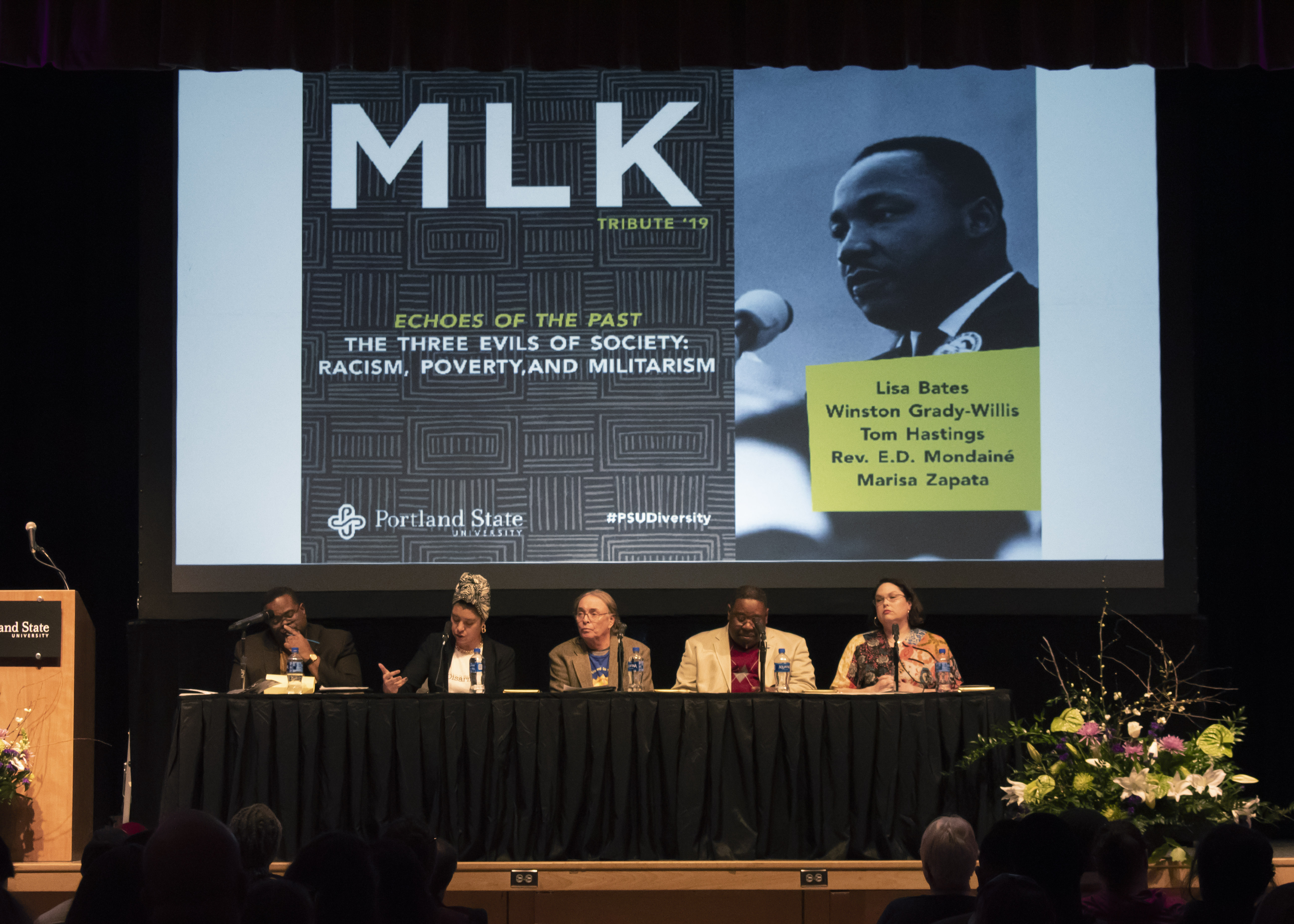Skateboarder preserves legacy of renowned Z-Boys
If you know who Stacy Peralta is, and what the Z-Boys were and where Dogtown is, then you already know precisely where he, they and it rank in the echelons of coolness. Feel free to skip a few paragraphs.
But if you’re a little short in your knowledge of skateboarding lore, there’s no better way to explain the lasting coolness of Peralta et al. than the following story, recounted by Peralta during a recent press tour through San Francisco:
See, Peralta was hanging out with Sean Penn one day – they’d just met, we’ll get to why later – and Penn happened to notice that Peralta seemed nervous. A natural reaction, given that Penn is probably the most inherently cool actor to come along since James Dean. This is how Peralta remembers it:
“So he came up to me and said, ‘Listen, I just want you to know something. Before you knew who I was, I knew who you were.'”
Sean Penn, master of nonchalance, the guy who blows off the Oscars every year, even when he’s nominated, essentially telling you he’s a follower of yours. Nice, huh? But why? What did Peralta do to deserve that honor?
He was one of the revolutionaries of skateboarding in the 1970s. Peralta and the other members of a skateboarding team called the Z-Boys (short for Zephyr, the surfing shop that sponsored them) introduced the world to a new set of skating moves: stylish, impudent, radically different from what had come before. They were all teen-agers from a scruffy part of Venice known as Dogtown, and their attitudes reflected the rebelliousness of the underdog.
Their collective fantasy was to be professional surfers, and skateboarding started out as just a sideline, something to do when the waves weren’t breaking under the pier. The dozen or so boys (and one girl) on the team were more like punk rockers than athletes, but punk rockers with the grace of Peggy Fleming. Perhaps more than any other athletes, the Z-Boys are responsible for the evolution of extreme sports into what they are today.
Peralta still skateboards, but these days his primary interest is in filmmaking. He’s the director of a documentary called “Dogtown and Z-Boys,” which is likely going to be the first documentary your 11-year-old son wants to see. It’s a trip back in time, to when Peralta and his most famous buddies, Tony Alva and Jay Adams, were all young cuties, with wild long hair, major attitude and no fear. Not of authority, not of breaking their necks, and certainly not of getting older.
Audiences went wild for “Dogtown and Z-Boys” at Sundance last year, and Peralta left with the documentary directing award as well as the Audience Award. The film was snapped up by Sony Pictures Classics and has opened in select U.S. theaters. Not bad for a film Peralta made practically in self-defense. The history of the Dogtown skaters had been featured in an article in a 1999 issue of Spin magazine, and the rights to the overall story, although not the life rights of the individuals on the team, had been sold to a pair of Hollywood producers about whom Peralta was skeptical.
“I felt they would corrupt this really valuable time in my life,” Peralta said. “The Z-Boys would be some stick figures in high school and it would be a dumb comedy, like ‘Porky’s’ meets skateboarding.”
So cashing in on the interest in the Z-Boys, Peralta managed to get some funding and set out to tell the true story in documentary form. (Since then, the feature film rights have changed hands, and someone Peralta has far more faith in, director David Fincher, is now one of the producers.)
Peralta pulled together many old friends from the Dogtown days, including Craig Stecyk and Glen E. Friedman, who shot some of the early footage and still images of the group. They knew there was plenty of vintage 1970s footage out there because the Z-Boys had always liked to see what their moves looked like on film.
Some of the Super 8 footage had never even been developed; it had just been sitting in garages and attics.
It was at the Del Mar Nationals in 1975 that the Z-Boys first took the skateboarding world by storm. They came in their navy blue Zephyr T-shirts, Levi’s and Vans and swept the competition. It would have been about this time that Sean Penn, himself a high school student up the coast a bit, at the same school as Adams and Alva but a couple of years behind them, would have found out who the Z-Boys were. And it was at that time that the Z-Boys’ dream of being professional surfers shifted to being professional skateboarders.
“To kids like us who had never been really good at anything else, this was a chance to finally do something with our lives,” Peralta said.
“Without a question, skateboarding saved all of our lives,” he adds.
Alva, who accompanied Peralta to San Francisco to promote the movie, is still skating professionally, and also has his own line of skateboards. Peralta skated professionally for years and had his own line of skating paraphernalia as well, but moved on once he got interested in film, starting with skateboarding videos. One of his first mainstream jobs was as a technical advisor on Steven Spielberg’s “Hook.” From there, he found steady employment directing and producing, but the surprising success of “Dogtown” has so far been the highlight of his film career. Next up is his first job directing a feature film, an adaptation of the cult surfing book “In Search of Captain Zero.”
Which brings us back to Penn, who is producing and possibly starring in “Captain Zero.” It was Penn who helped give “Dogtown” its early buzz at Sundance, simply by virtue of his name being attached to it. After hearing about the documentary back when it was in its early stages, Penn volunteered to narrate “Dogtown.” He refused to take money for the job, saying he wanted to do it for his young son, a surf and skate rat from a new generation.
And besides, these guys were his own heroes from way back when.



